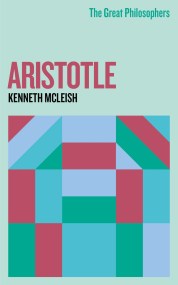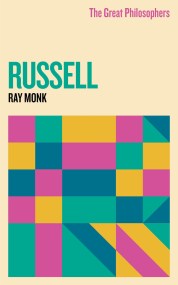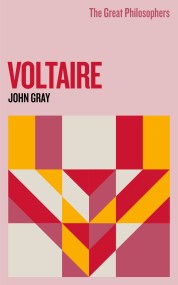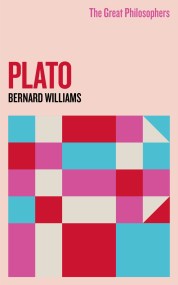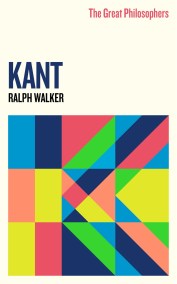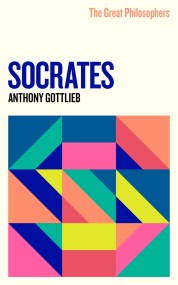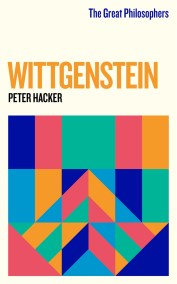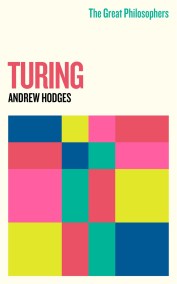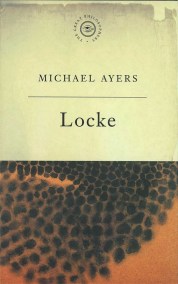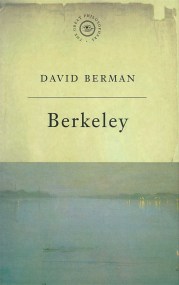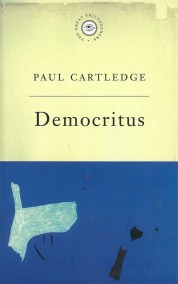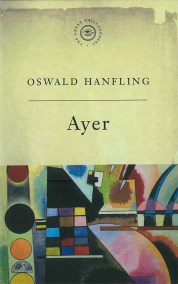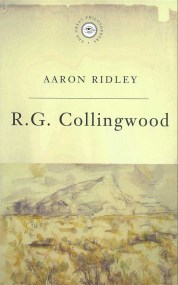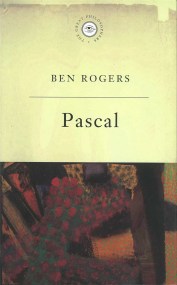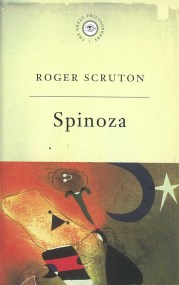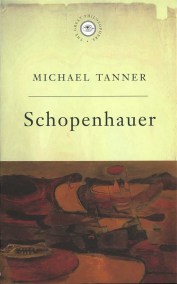Part of the GREAT PHILOSOPHERS series.
Jacques Derrida 1930-2004
As critics investigate the ‘death of the author’, they find Derrida’s prints all over the murder weapon. No other recent philosopher has aroused so much suspicion – or been so badly misrepresented.
His every idea a tug at the rug beneath us, questioning our sense of ourselves, our world and the language by which both are articulated, Derrida would make uncomfortable reading under any circumstances. Add to this an at time vertiginous abstruseness and a following whose ‘deconstructive’ readings appear to be doing away with writing as we know it, and the hostility is understandable.
Yet as Christopher Johnson shows in this eloquent, exhilarating guide, ‘deconstruction’ doesn’t mean ‘destruction’ – nor does it involve any ‘con’. In what may seem mere convoluted cleverness, momentous consistencies can be found; in Derrida’s apparently rarefied rhetoric can be read the most radical, relevant commentary we have on the world we inhabit today.
Jacques Derrida 1930-2004
As critics investigate the ‘death of the author’, they find Derrida’s prints all over the murder weapon. No other recent philosopher has aroused so much suspicion – or been so badly misrepresented.
His every idea a tug at the rug beneath us, questioning our sense of ourselves, our world and the language by which both are articulated, Derrida would make uncomfortable reading under any circumstances. Add to this an at time vertiginous abstruseness and a following whose ‘deconstructive’ readings appear to be doing away with writing as we know it, and the hostility is understandable.
Yet as Christopher Johnson shows in this eloquent, exhilarating guide, ‘deconstruction’ doesn’t mean ‘destruction’ – nor does it involve any ‘con’. In what may seem mere convoluted cleverness, momentous consistencies can be found; in Derrida’s apparently rarefied rhetoric can be read the most radical, relevant commentary we have on the world we inhabit today.
Newsletter Signup
By clicking ‘Sign Up,’ I acknowledge that I have read and agree to Hachette Book Group’s Privacy Policy and Terms of Use






